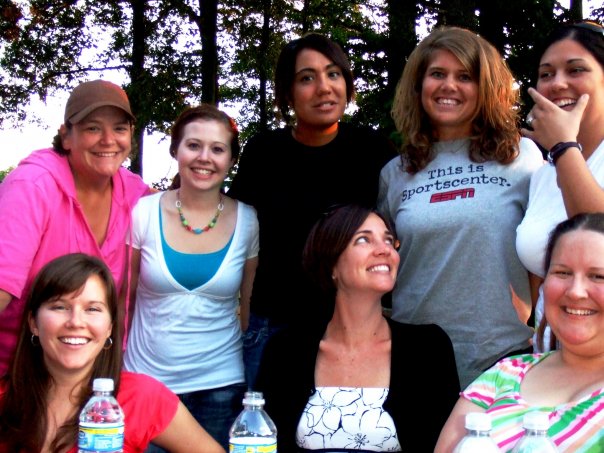Perform a Google Search for “How to Increase your Twitter Follwers” and you get plenty of websites/services to follow.
Many of these are services, where you opt in to following 10 people then auto-following everybody else back, guarantee that you’ll have 20,000 Twitter followers in 30 days.
Others give ways to buy Twitter followers. I’m not kidding. For only $87, this site will get you 1,000 new followers.
Other sites tell you things you need to do with your Twitter account, such as making sure to fill out your bio section, learning the language of Twitter (Reply, Retweet, Direct Message, hashtags, etc.), and following the people who update about things you want to read. (these are all good things, and should be done, but they’re not what I’m focusing on in this post)
But my goal in using Twitter isn’t to have more and more followers.
I would much rather have influence than followers. Because followers often represent people who aren’t listening, but are merely speaking. They don’t care anything about what you have to say…they just use Twitter as a platform to get the word out about their business/life/hobby.
If you want to increase your followers quickly, it will cost you $87.
If you want to build your influence, it’s a little tougher and takes longer.
(If you need a refresher on the language of Twitter, read my post HERE. If you need some reasons to start Twittering, click HERE. If you have no idea what Twitter is, click HERE.)
9 Ways to Increase your Twitter Influence
1. Be authentic. Give people a snapshot into who you are. What makes you tick? What do you enjoy? What unique angle/wisdom can you give on an event that you’re attending? A book that you’re reading? A blog that you follow?
2. Share helpful content. If your posts only benefit you and your dog, people probably will tune out after a short period. For example, I’m a small groups pastor, so I try to post content that applies in my field. I try to be authentic, but I make sure the content is broadly applicable whether you live in Tennessee or California. Whether you’re young or old. Whether you go to my church or meet in a house church.
3. Invite conversation. Try to phrase some of your updates in a way that invites others to join in the conversation. Pose a question. Leave your update open where others can share their thoughts, opinions, and disagreements. If it’s broadly applicable, helpful, and uniquely you, others will want to join in.
4. Post consistently. If you only post occasionally, people will tune out. If you only post once/week, you’ll never show up in your follower’s timelines (because they’re based on the latest posts), and people will never see your updates.
5. Create conversation with others. I’m making a distinction here from #3, above. Creating conversation means that you reply to others. Retweet things you find important, inspirational, helpful. Continue the dialog with others.
6. Don’t post only facts. When you have a conversation with someone, do you merely share facts with one another? If you do, your friendship will quickly dry up.
7. Respond timely. If you’re consistently putting helpful information out there in a way that invites conversation, you will inevitably receive replies to your updates. Make sure to thank those who are spreading your ideas. And do it in a timely manner. Also, if someone sends you a Direct Message, try as much as possible to respond in a timely manner (I use the 24-hour rule on any email sent to my inbox).
8. Give some link love. If you read an article, or a blog post, that you think may be of interest to others, share a link and give credit to the person that wrote it (by using their Twitter handle). You may not see this as a way to boost your influence, but trust me…sharing links gives encouragement to others, and helps to give you credibility among those who follow you.
9. Be careful what you post. A tweet is forever. What you post today will be visible for years to come. Influencers have the future in mind with the things that they say and do.
Isn’t it the same in all of life? Gaining influence is much more difficult than merely having a platform for your opinions. You can go to the local mall and scream out your thoughts…but likely nobody will listen.
Working to gain the respect and trust of people is a much harder, and longer, process.
But in the end, I think it’s worth it.






